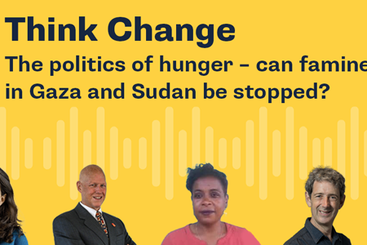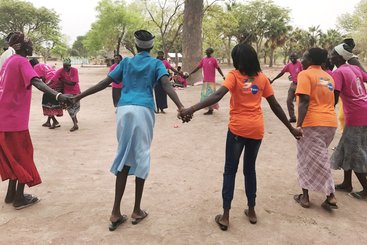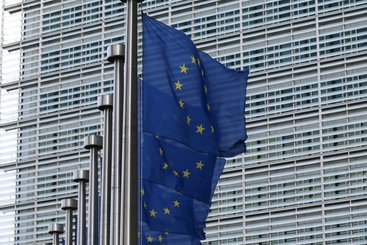On 1 August 2018, the Democratic Republic of Congo (DRC) declared the country’s 10th Ebola outbreak in North Kivu. By the time the outbreak was declared over on 25 June 2020, 3,481 people had been infected, of whom 2,299 died – the largest ever outbreak in DRC and the second largest in the world after the West African outbreak of 2014–2016 (WHO, 2020).
Overall leadership and coordination of the EVD response was in the hands of the Government of DRC, which brought significant technical and operational experience to the task, having successfully contained nine previous outbreaks in the country since Ebola was first identified there in 1976. What first seemed like it might be another small and relatively isolated outbreak quickly grew in size and complexity, challenging the government’s ability to contain the virus and testing its leadership and coordination capacities.
This case study examines the effectiveness of international leadership and coordination in supporting the Ebola outbreak response and identifies lessons and recommendations to inform similar future responses. It considers the extent to which international partners, through their evolving leadership and coordination structures, enabled and shaped the government-led response. It also aims to draw lessons from how international partners deployed their expertise and assets in order to help shape future responses – particularly in contexts where a public health emergency overlaps with an ongoing, complex humanitarian crisis.
Nicholas Crawford and Kerrie Holloway with Jock Baker, Anne-lise Dewulf, Pascal Kaboy Mupenda, Emmanuel Kandate Musema, Antoine Mushagalusa Ciza and Rosamund Southgate




